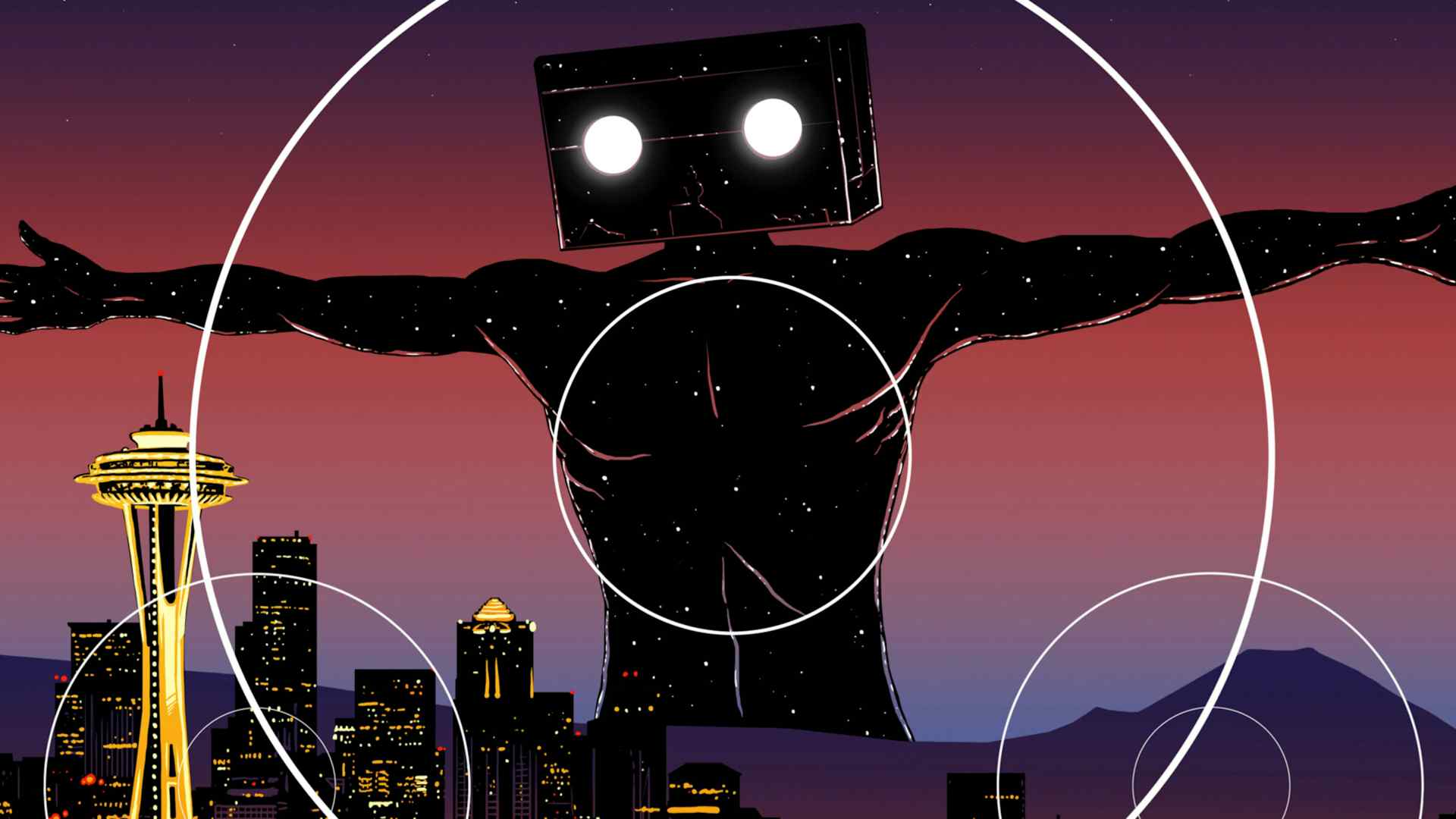Robert Horton is a Scarecrow board member and a longtime film critic. This series of "critic's notes" is chance to highlight worthy films playing locally and connect them to the riches of Scarecrow's collection.

Impossible, or possible?
It's possible that the Mission: Impossible film series, and the new one (The Final Reckoning) in particular, is both the culmination and gravestone of the movie thriller. The culmination argument is obvious enough: This movie is giddy in its absurdly over-the-top action sequences, which all but demand we declare that "this is why we go to the movies." These are huge blocks of stuntwork in which one gag leads insanely and fiendishly into something even more preposterous, compared to which the silent-movie hallmark of a damsel tied to the railroad tracks seems like a model of restraint. Did the preview audience laugh out loud at certain obstacles encountered by Tom Cruise while he pokes around a sunken submarine at the bottom of the Artic Ocean? You bet they did. Was this an intended reaction? I suspect so.
Because this is why we go to the movies. Or at least one reason.
Strangely, the in-between bits are almost as giddy, as the endless exposition is similarly amped-up; there's so much time spent on explaining the stuff that's going to happen that director Christopher McQuarrie stages some of these sequences as cross-cutting exercises in which the conversation gets traded off between different locations and different groups of characters. The movie's already been widely criticized for how much yak-yak this makes, and I'm not saying it generates anything evocative on the level of, say, the cutting between the cops and the crooks in Fritz Lang's M, but it does summon up a goofy kind of bebopping rhythm. There's also a storytelling gambit in which stuff that gets detailed in these dialogue scenes is then left out of the sequence itself—as though we've already registered the beat and don't need to see it.
This results in the climaxes of the two biggest sequences (the other one has Tom Cruise and bad guy Esai Morales wrasslin' on a biplane in flight) being omitted. McQuarrie is either applying a radical storytelling technique or being sloppy, and I think it's the former. For all the torrent of talk, Final Reckoning is at its coolest when it allows things to be left out, a tendency especially well-handled by the presence of frequently non-verbal team members Greg Tarzan Davis and Pom Klementieff. McQuarrie does have a gift for sketching supporting players in quick strokes so that they have tasty little payoffs along the way, from Tramell Tillman's submarine captain to Lucy Tulugarjuk's Inuit helpmeet.
The movie is 179 minutes long and laced with flashbacks and reminders of previous installments (the choicest return has to do with a very minor character from the first M:I movie). It has too much of McQuarrie's reliance on close-ups when people are in conversation. And it flourishes too many weird over-egged reminders that Ethan Hunt is some kind of Jesus on wheels, the only person on the planet who can save humankind—the villain/Maguffin being an AI program called the Entity. Surely the idea of "Only I can solve it" is exactly the wrong note in our era of burgeoning fascism. It's clumsy, even if we take this as metaphorical for Cruise being the movie star who can save cinema. I don't think that's a stretch: Last time I wrote about this series, I said, "McQuarrie and Cruise seem very aware that their storytelling beats are a metaphor for moviemaking: meticulously prepare and plan, and then vamp wildly when something goes wrong, and brazen it out before the fade to black." Still rings true.
Oh, and these movies remain sexless. As is so often the case with Cruise's films, action and the satisfaction of a job well done are as much kiss-kiss as we're going to get. Hayley Atwell is right there in front of him, but he looks as though he's still thinking about whether to cut the green wire or the red one. Cruise is an amazing manager in these movies, like an astronaut chosen for his icy skills and solid moral fiber; he bears his responsibility to the moviegoing public with visible seriousness.
But all of that isn't why The Final Reckoning resembles a gravestone for the action flick; those are just complaints about a daffy movie I must say I really enjoyed, minute-for-minute. No, the bummer is how a bunch of talented filmmakers have assembled this M:I universe, which so resembles the way other action movies are assembled now, and created something so ungrounded and thin. In McQuarrie's M:I – Fallout, there was the hint of an inquiry into how Ethan Hunt's own neurosis (having to do with his unwillingness to sacrifice one for the sake of the many) might create some interesting colors in the job of a spy.
There's nothing like that in The Final Reckoning, just the careening fun of making shit up as you go along, and trusting in the miracle. At the beginning of the series, Cruise was going to hire a different auteur for each movie, and let them cook, but this failed to build any cohesive vision, and gave way to the allure of just getting from stunt to stunt. (I guess that is the vision. And I shouldn't have said "sexless," because getting from stunt to stunt is the sex.) The fragmentation is disconcerting, but it is a sign of the distracted times. Even the indelible Lalo Schifrin theme music never plays out in full—given the 179 minutes at the movie's disposal, is that so impossible to ask?
May 21, 2025


